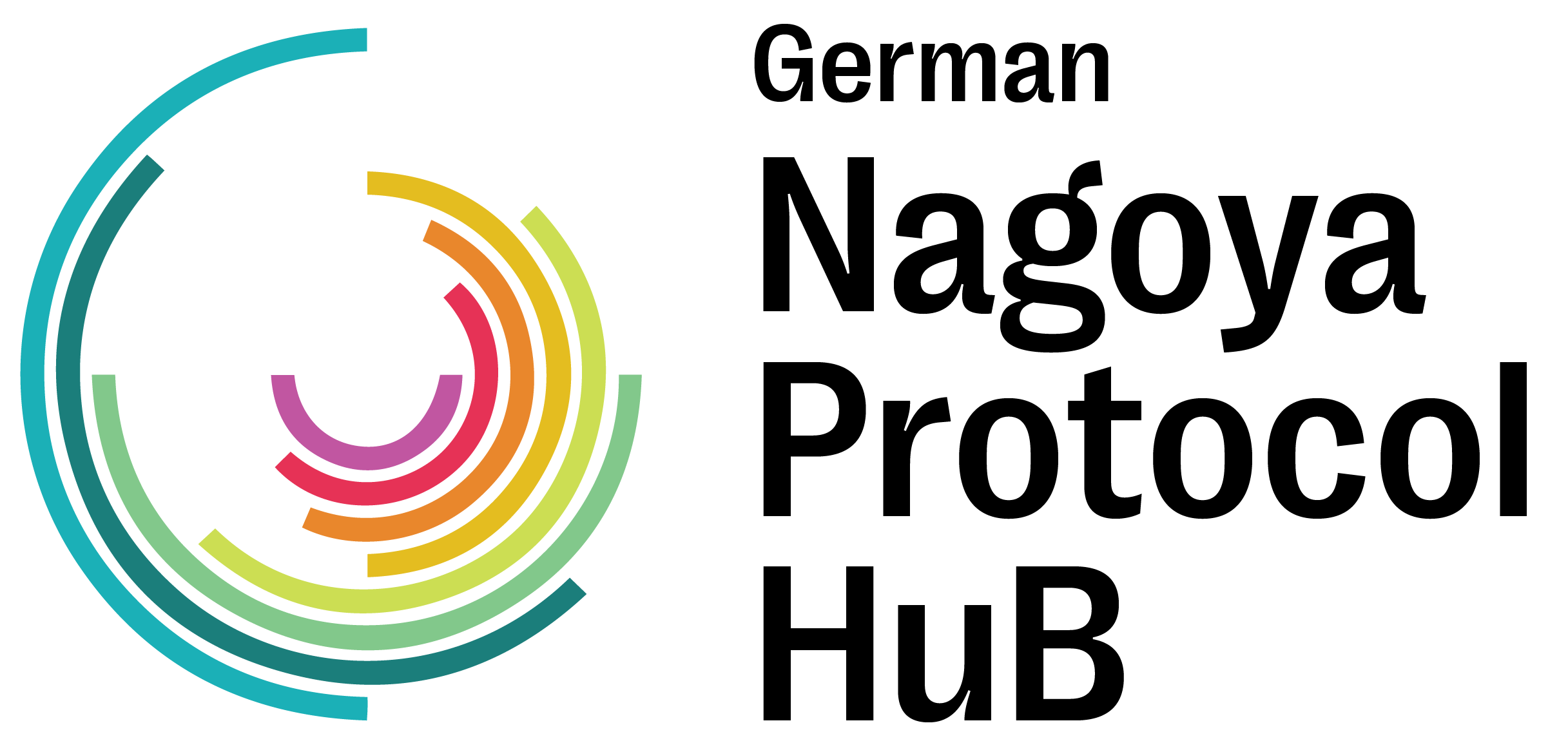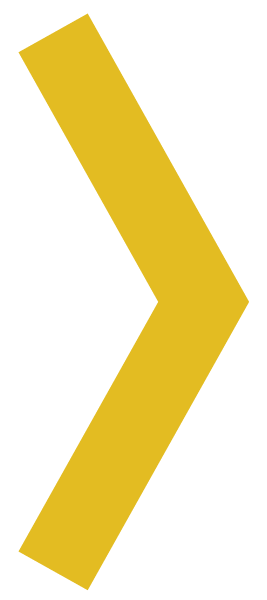ABS stories
Learning from experience: Costa Rica
Institution: A German University
Biological material: Bacteria and anaerobic archaea (living microorganisms)
Research field: Physiology, taxonomy
Research: Basic, non-commercial
Focus: Anaerobic soil and water samples were taken to enrich, isolate and characterize anaerobic microorganisms from Costa Rica. The aim was to discover novel species, especially within the group of methane-producing Achaea.
Collaboration partners: One German university and a collection/museum in Costa Rica
Collection: A researcher from the German university collected the samples in the field
Funding: Core funding (German University)
Funding period: 2017-2021

Photo: Orlando Madrigal on Unsplash

Photo: Christian Hess Araya on Unsplash
ABS Process
Time needed for first response from the National Focal Point: 1-2 weeks
Amount of time invested full time in the process: 2 weeks
Time needed until all ABS documents were obtained: 3-4 months
ABS documents: Prior informed consent, Contract (Mutually Agreed Terms)
Other documents needed: Material Transfer Agreement
Costa Rica is not a Party to the Nagoya Protocol but it has access and benefit-sharing laws. Detailed information about this can be found on the ABS Clearing House.
Before starting with the process, the German researcher sought advice on ABS from a personal contact in Costa Rica.
Prior Informed Consent (PIC) was given to the researchers by the provider in Costa Rica. In this case, the samples were collected in a national park so the provider was the National System of Conservation Areas (SINAC), which is an Agency of the Ministry of Environment and Energy (MINAE) of Costa Rica. The ABS permit was granted by the National Commission for Biodiversity Management (CONAGEBIO), which is also part of MINAE. The PIC also includes mutually agreed terms on benefit-sharing.

Photo: Selina Bubendorfer on Unsplash
Benefit-sharing
The parties to the benefit-sharing agreement are the German university and the provider in Costa Rica (SINAC-MINAE).
What benefits were agreed to?
- Sharing data, such as sampling reports
- Sharing results, such as final research reports and scientific papers
- Duplicate deposits of the isolated microorganisms in Costa Rican ex-situ collections (if possible)
Advice for other researchers obtaining material from Costa Rica
The German researcher experienced some challenges with ABS in Costa Rica.
What do they suggest?

If you are unsure about the ABS process, contact the authorities in Costa Rica to ask for help and guidance. The national focal point is very helpful and responds quickly to enquiries. Communication with the national focal point is in Spanish or English.

If you are not a Spanish speaker, you will need someone who understands the Spanish language to help you with writing your application and understanding your permit and other official documents. Everything has to be in Spanish!

The application for the ABS permit is made through an online platform.
![]()
Some restrictions are imposed on the use of the material by third parties. Other commercial and non-commercial researchers who want to use the material are required to follow the ABS process, i.e. get a permit from Costa Rica, before they can start with any additional research. Such restrictions on third party use for non-commercial research purposes can potentially make it difficult to deposit isolated microbial strains in a culture collection, which is a pre-condition for describing new species.




